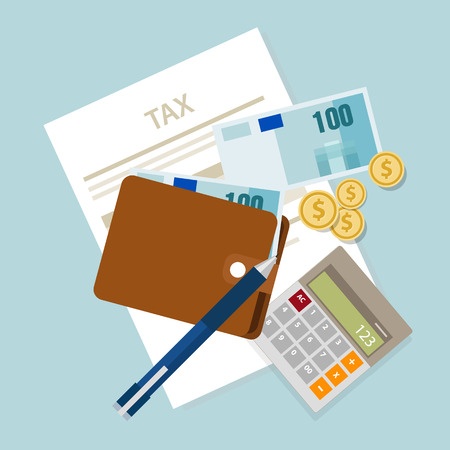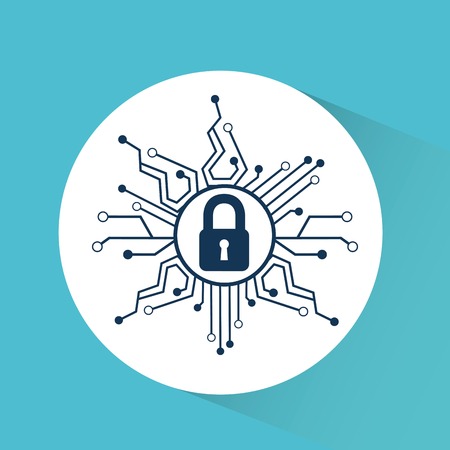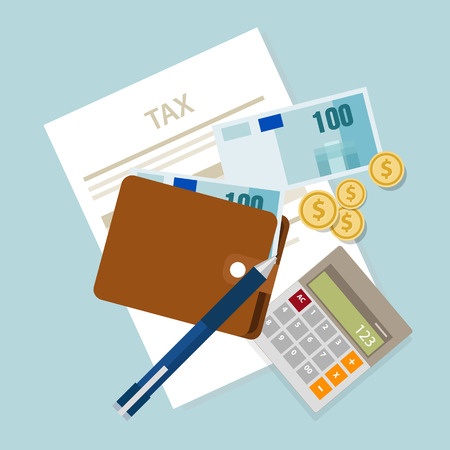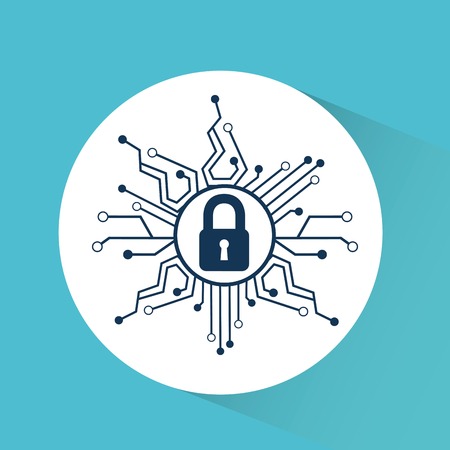31 January - To file a tax return or not?
 The deadline to file your online self-assessment tax returns is almost upon us. This year we probably won’t see an ad from HMRC reminding us, after last year’s faux pas when a Channel 4 investigation revealed that HMRC had spent £27k for adverts placed on Facebook to advise people on their tax payments but only received £4k in tax from the social media giant itself.
The deadline to file your online self-assessment tax returns is almost upon us. This year we probably won’t see an ad from HMRC reminding us, after last year’s faux pas when a Channel 4 investigation revealed that HMRC had spent £27k for adverts placed on Facebook to advise people on their tax payments but only received £4k in tax from the social media giant itself.
(If you have seen an HRMC ad recently featuring a big purple blob walking in the park, that ad is for Pension Auto Enrolment, not Tax Returns.)
Back to the question: do you have to file a Self-Assessment tax return by 31st January? Before answering this question, it is worth explaining that most people don’t have to file one. Also, the January deadline is only for electronic returns, the deadline for paper returns was October 31st.
In the UK, the basis of the tax system is “taxed at source”, meaning taxes are taken out of salary, literally ‘at source’. If you are working for a company, you can see from your monthly pay slip that your employer has deducted a certain amount from your gross pay to HMRC. This system ensures that working people are always up to date with their taxes.
Yet for working employees, there is still a possibility that you need to file a Self-Assessment Tax Return. Self-Assessment is merely a mechanism where Taxes due are calculated. It isn’t a tax collection mechanism in itself. A whistle-stop tour of circumstances where you possibly need to submit a Self-Assessment return is when you have:
- Interest income
- Rental income
- Foreign income
- Income from a Trust or Settlement
- Income from savings or investment is £10k or more (note: this is the income threshold, not that you have savings of £10k or more. Also, we have distinguished interest income from savings/investment income which can come from Directors loans, loans to third parties or Fintech peer-to-peer loans.)
- Child benefit if you are earning £50k or more
- If you have disposed of any assets valued in excess of £44k that would attract Capital Gains Tax or that would have resulted in CGT Tax losses (it’s important to record these as they can be used to set against future gains)
There are many other scenarios. In fact, you may be filling a tax return to claim money back from HMRC for donations, private pension contributions, and work expenses over £2.5k. It is best to check with us if you are unsure about your tax returns. Apart from Personal Income Tax, we also help our individual clients in their Trusts and Estates, Inheritance Tax, and Capital Gains Tax. Visit our Personal Tax Planning page to find out more.
Contact TaxAgility today on 020 8780 2349 or get in touch with us via our contact page to arrange a complimentary, no obligation meeting.
Small Business: Make Cyber Security a Priority
 The threat of cyberattacks is clear and present for small businesses, as most don’t have a dedicated IT department looking after cyber security. Therefore, it is always good for small business owners and entrepreneurs to attend conferences and seminars and pick up a few tips. In the past few months, we learnt a few useful tips which we thought may be beneficial to you as well.
The threat of cyberattacks is clear and present for small businesses, as most don’t have a dedicated IT department looking after cyber security. Therefore, it is always good for small business owners and entrepreneurs to attend conferences and seminars and pick up a few tips. In the past few months, we learnt a few useful tips which we thought may be beneficial to you as well.
Use a Virtual Private Network
Commonly known as VPN, it allows you to connect to the web with an encrypted connection, preventing other parties seeing your online data and communication, including your ISP. Many businesses use a VPN connection when they are working from a Wi-Fi hotspot in a public place, in fact, this is absolutely essential these days. You can use VPN from your home and in your office too. As today most of owners conduct their businesses over mobile devices, you could download an application like Rocket VPN, which is a free app on Google Play and iOS.
Update your software
Virus protection software, firewalls, and operating system should be updated regularly. If you are concerned about data like your payroll information, our dedicated team for Payroll Services for Small Business will take care of your payroll activity for you.
Use the cloud if you can
Cloud applications can typically keep your data safe. Do remember to use a strong and unique password for each application.
Stay vigilant
Don’t open emails and download suspected files - if it looks unusual, it’s probably a phishing or malware email. This will go a long way to keep your company safe.
Have a plan
Back-up your important data routinely and have a plan to ensure that your operations can still run should an unfortunate attack happen and negatively impact your operations.
Keep abreast
It is always useful to get the latest the news and information from the National Fraud and Cyber Crime Reporting Centre.
Attend a course
There are quite a few courses available across London. If you are free for 3 hours a week for 8 weeks, more proactive approach may be to consider this free course titled Introduction to cyber security run by the Open University.
Let us all work together to keep our business safe from cyberattacks.


